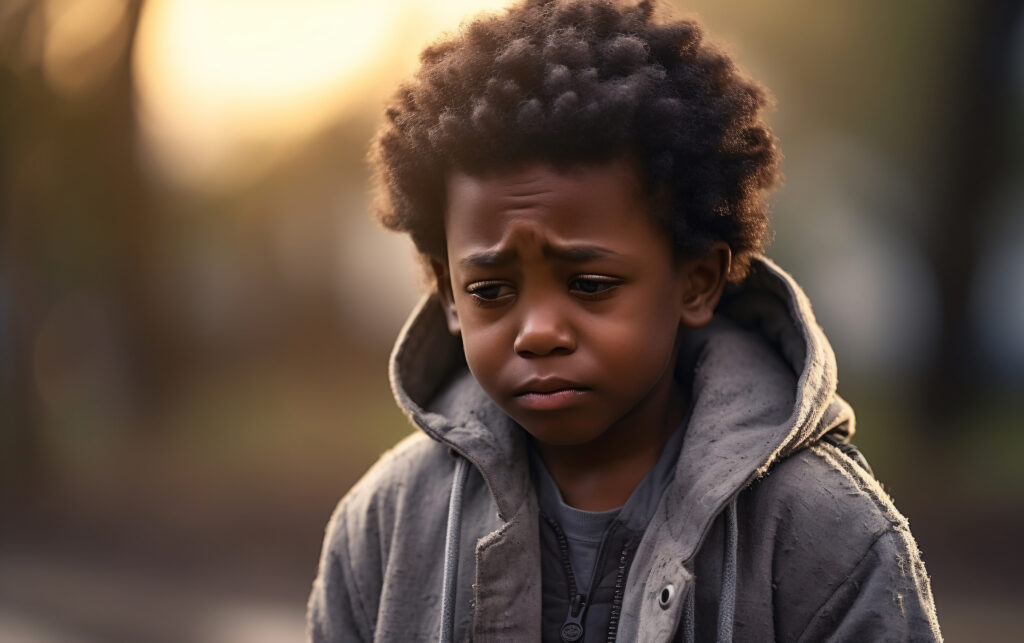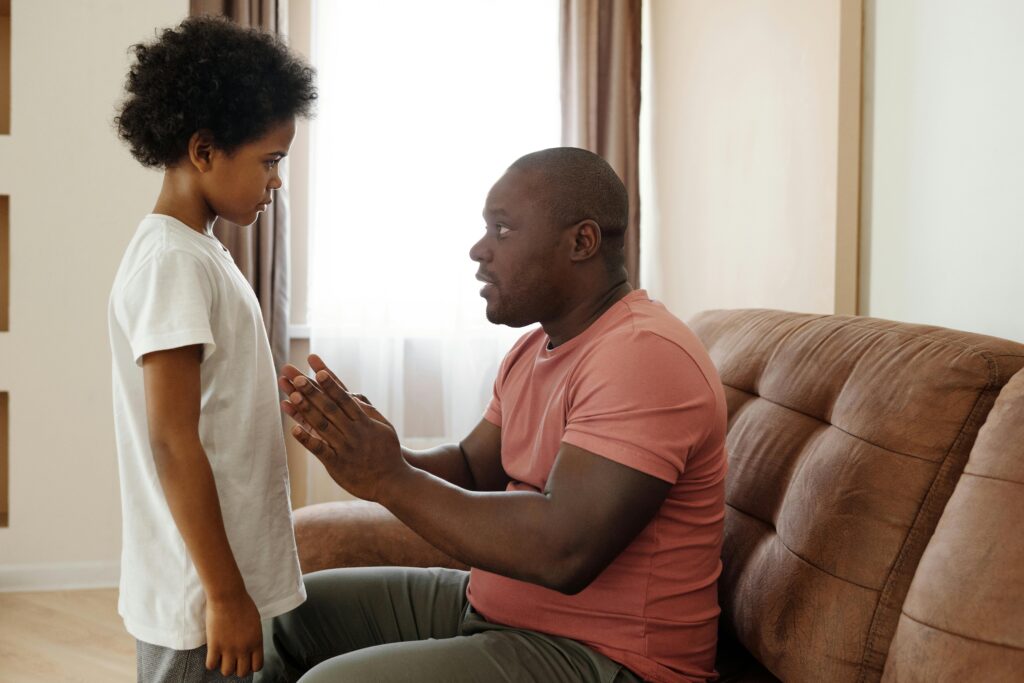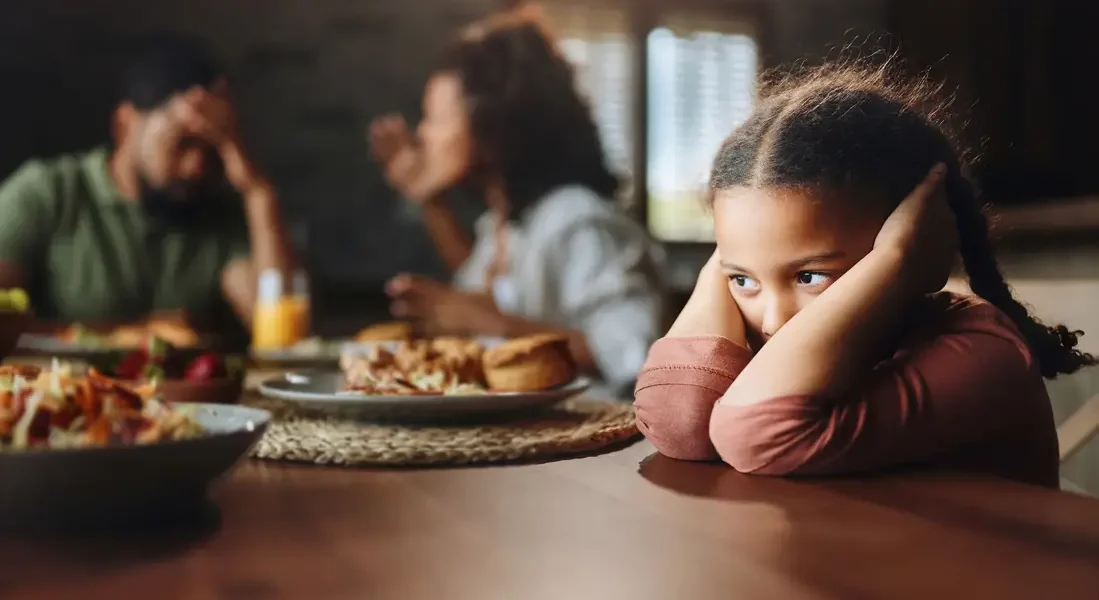Growth, for me, has been anything but easy — it’s been painful, confusing, and at times, overwhelming. I struggled with deep insecurities about my looks, my body, and who I was as a person. At times, even my identity as an individual felt lost. Nothing I did ever seemed right unless it was validated by people I felt mattered. It wasn’t that I lacked achievements; rather, there was a part of me that constantly craved approval from those I believed mattered most.
Deep down, I knew something was wrong with how I related to others. Through research and self-reflection, I eventually discovered that I was grappling with unhealed childhood trauma.
Childhood trauma is sadly more common than people may realize. Our childhood experiences often shape our narrative of the world, our behavioral patterns, and even how we treat other people. It can influence how we see the world, how we relate to others, and even how we feel about ourselves. For some adults, these difficult experiences from childhood can make daily life more challenging and can affect everything from relationships to mental and even physical health.

Childhood trauma is an emotional response to a distressing event. It refers to experiences during childhood that are emotionally painful, disturbing, and shocking, overwhelming a child’s ability to cope. This can have long-term psychological, emotional, and physical effects. Childhood trauma can stem from various experiences, including:
1. Abuse
Physical Abuse: Being hit, slapped, kicked, or burned by a guardian or parent.
Emotional Abuse: Being constantly criticized, belittled, rejected, or threatened.
Sexual Abuse: Any form of sexual contact or exposure imposed on a child.
2. Neglect
Physical Neglect: Lack of food, shelter, proper clothing, or medical care.
Emotional Neglect: Lack of love, attention, or emotional support from caregivers.
3. Household Dysfunction
Living with a parent who has a mental illness.
Living with a caregiver who abuses alcohol or drugs.
Witnessing domestic violence (e.g., one parent abusing the other).
Experiencing parental separation, divorce, or abandonment.
Having a family member incarcerated.
4. Community and Environmental Trauma
Witnessing or being a victim of community violence (e.g., shootings, gang violence).
Experiencing a natural disaster (e.g., earthquake, flood) without proper support.
Living in poverty or unstable housing.
In his book, The Body Keeps the Score, Bessel van der Kolk (2014) emphasizes that traumatic experiences are stored in the body and brain, influencing behavior long after the event. In other words, the effects of childhood trauma can linger long after childhood is over, leading to emotional distress, fear, insecurity, and long-lasting mental health challenges if not addressed.

Signs of Unhealed Childhood Trauma in Adulthood
According to trauma researcher Dr. Laura Copley, unhealed childhood trauma can manifest in various emotional, behavioral, and relational patterns in adulthood. Understanding these signs is crucial for personal growth and healing. Below are key indicators that may suggest the presence of unaddressed trauma:
1. Fear of Abandonment
Individuals may experience constant anxiety about being left or unloved, often resulting in clinginess or excessive dependence on relationships.
1. Fear of Abandonment
Individuals may experience constant anxiety about being left or unloved, often resulting in clinginess or excessive dependence on relationships.
2. People-Pleasing Tendencies
A person may frequently agree to requests, even when feeling overwhelmed, primarily to avoid conflict or the fear of rejection. Their own needs may be neglected as they prioritize others’ well-being.
3. Chronic Self-Doubt or Low Self-Worth
Many individuals feel inadequate or “not good enough,” regardless of their actual accomplishments, often plagued by a harsh inner critic and struggling to accept compliments.
5. Difficulty Trusting Others
Individuals may harbor deep-seated suspicions that others will betray or harm them. As a result, they might maintain emotional distance to protect themselves.
6. Emotional Dysregulation
Experiencing rapid and intense mood swings, anxiety, or depression can be common. Small triggers may provoke disproportionate reactions due to unresolved emotional pain.
7. Avoidance or Numbing Behaviors
Some may resort to using food, alcohol, work, or entertainment as a means of escaping painful feelings. A sense of emotional detachment or numbness may pervade their internal experience.
8. Repetition of Toxic Patterns
Individuals might find themselves attracting or remaining in unhealthy, abusive, or codependent relationships, often repeating dysfunctional behaviors learned during childhood.
9. Perfectionism
Many individuals strive for achievement as a means to feel worthy or gain approval from others. There can be an overwhelming fear of making mistakes or facing judgment.
Recognizing these signs is the first step toward understanding one’s own trauma and seeking appropriate pathways for healing and recovery. It is important for individuals experiencing these symptoms to consider professional support for their journey.
Can You Overcome Childhood Trauma?
It is possible to overcome the effects of childhood trauma and build a fulfilling, joyful life. While the scars from trauma may never fully disappear, you can learn to manage and lessen their impact over time.
Overcoming trauma can involve a combination of therapy, self-reflection, and developing new coping strategies. Talking to a therapist can help you process and make sense of your experiences while providing you with tools to handle the emotions and reactions that trauma can trigger.
Building a strong support network of people who understand and care about you can provide the encouragement and perspective needed to move forward. Acknowledge your progress, no matter how small it might seem, and be kind to yourself throughout the process. With time and effort, many people find that they can reclaim their lives and move beyond the pain of their past.
If this story resonated with you and you’d like to read more personal journeys like this, make sure to subscribe to our newsletter.

